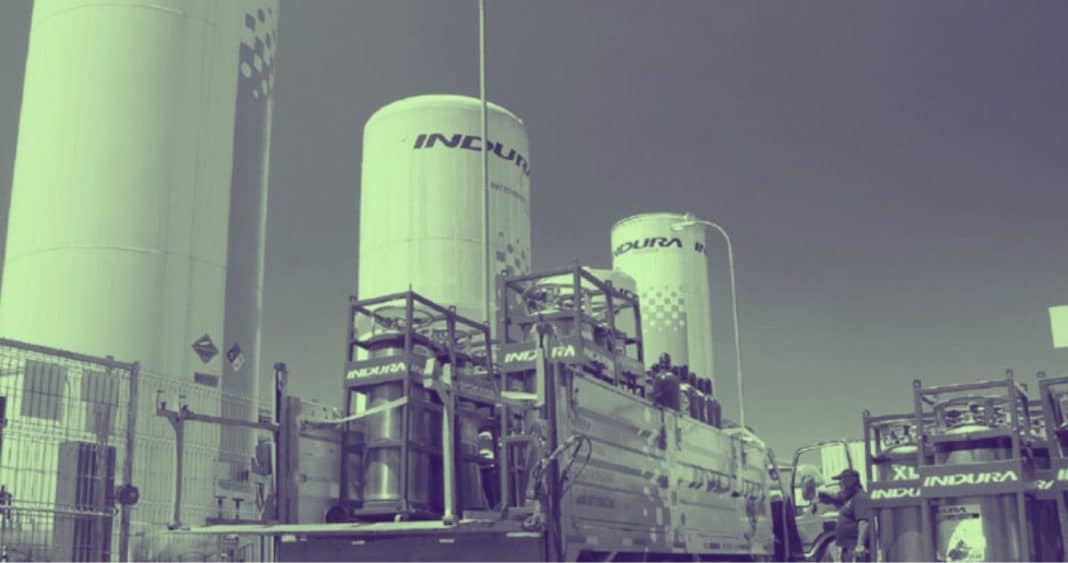Indura Denies Collusion Allegations: A Closer Look at the Gas Cartel Scandal
In a shocking turn of events, the Fiscalía Nacional Económica (FNE), Chile’s National Economic Prosecutor’s Office, has accused Indura S.A. and Linde of colluding in the industrial, medical, and specialty gas market. The FNE alleges that the two companies agreed to divide up market zones and customer quotas between November 2019 and January 2021, effectively eliminating competition and harming a wide range of industries, including metallurgy, paper, forestry, construction, aquaculture, food, laboratories, mining, oil refining, steel, glass, and the healthcare sector.
Indura’s Vehement Denial
In response to the FNE’s accusations, Indura S.A. has categorically denied any collusive practices. The company states that it has prioritized saving lives and worked tirelessly to ensure the essential supply of medical oxygen to Chile’s strained healthcare system during and after the COVID-19 pandemic
.
Indura further claims that it conducted its own thorough internal investigation, as well as independent external audits and economic analyses, none of which found any evidence of collusion. The company asserts that it has always operated with integrity and in full compliance with competition laws.
The FNE’s Demands
Despite Indura’s denials, the FNE has requested that the Tribunal de Defensa de la Libre Competencia (TDLC), Chile’s Competition Tribunal, impose hefty fines totaling over $31.3 million (USD). Of this amount, $31.2 million (USD) is targeted at Indura, while $114,392 (USD) is aimed at the company’s general manager.
Interestingly, the FNE has requested that Linde and its two involved executives be exempted from any fines, as they are said to have met the requirements for the leniency program, which grants benefits to those who cooperate with the investigation.
The Broader Implications
This case has far-reaching implications, as the alleged collusion is said to have affected a wide range of industries and customers, from industrial to medical and beyond. The stifling of competition in the gas market could have had a significant impact on pricing, availability, and the overall quality of service for these essential products and services.
The outcome of this case will not only determine the fate of the companies involved but also set a precedent for how the Chilean authorities will handle similar cases of alleged anti-competitive behavior in the future. It is a high-stakes battle that will undoubtedly capture the attention of businesses, consumers, and the public alike.
Conclusion
As the legal proceedings unfold, the gas cartel scandal continues to be a topic of intense scrutiny and debate. Indura’s vehement denial of the collusion allegations and the FNE’s pursuit of substantial fines have created a complex and high-stakes situation that will undoubtedly have far-reaching consequences for the industry and the Chilean economy as a whole.
Regardless of the ultimate outcome, this case serves as a stark reminder of the importance of maintaining a fair and competitive market, where businesses are held accountable for their actions and consumers are protected from the harmful effects of anti-competitive practices.




